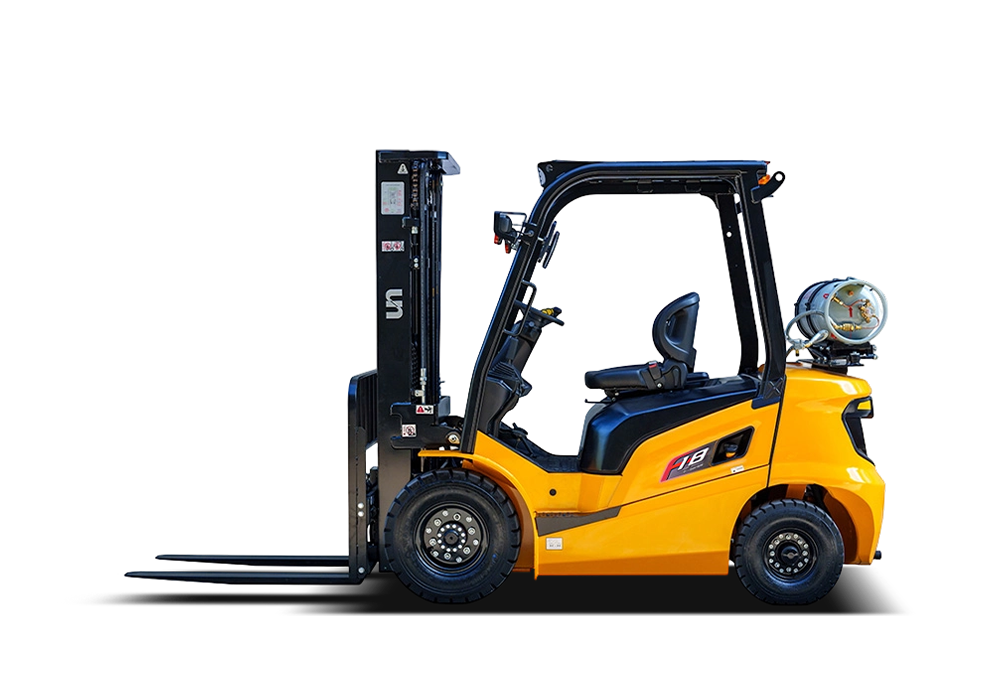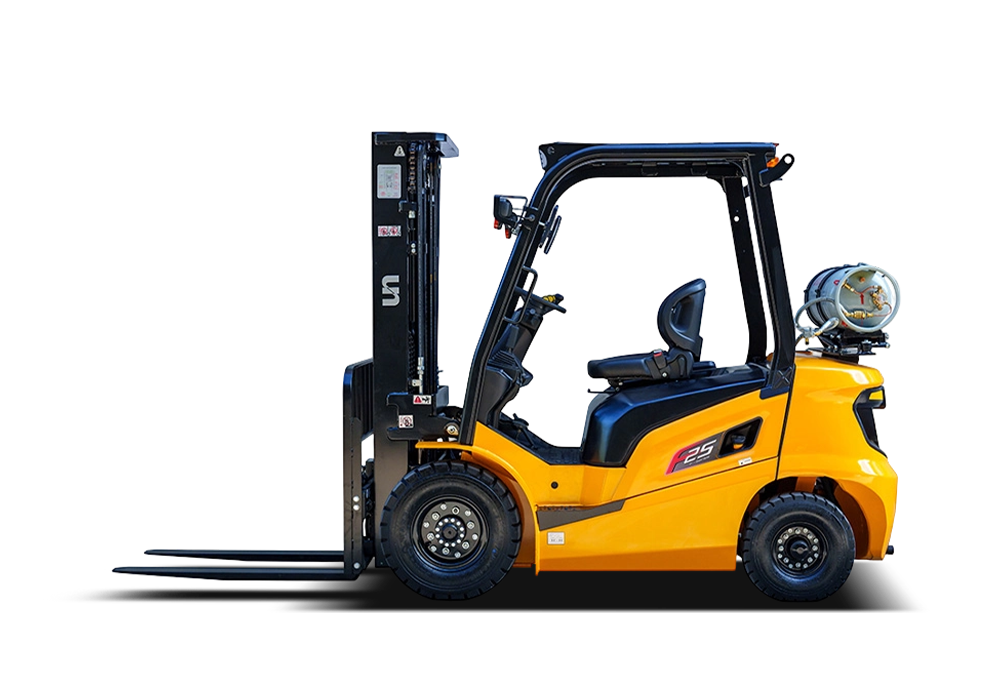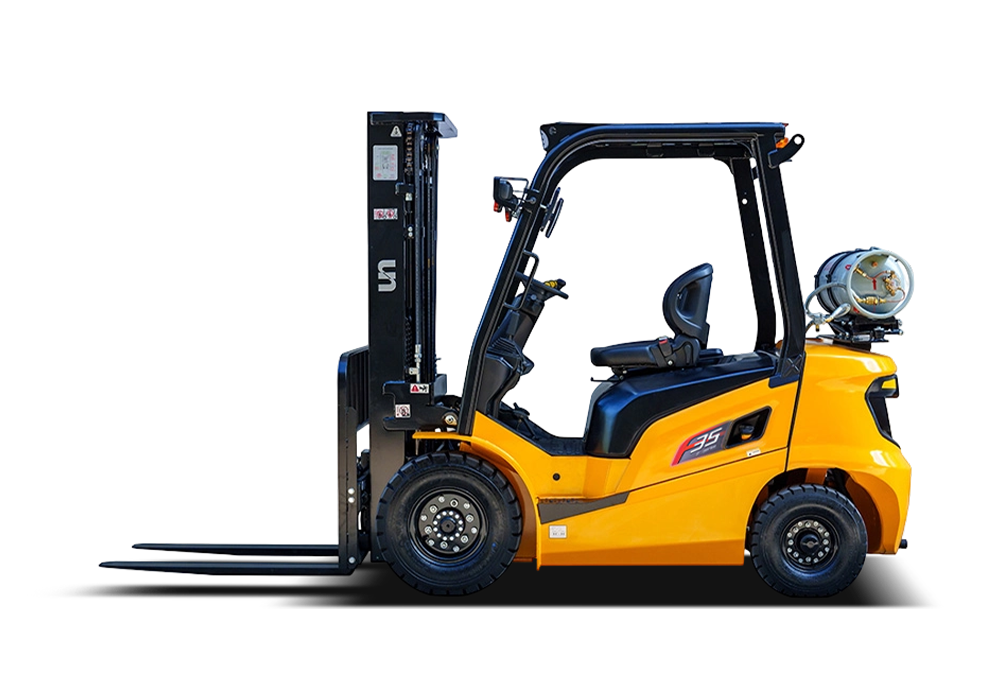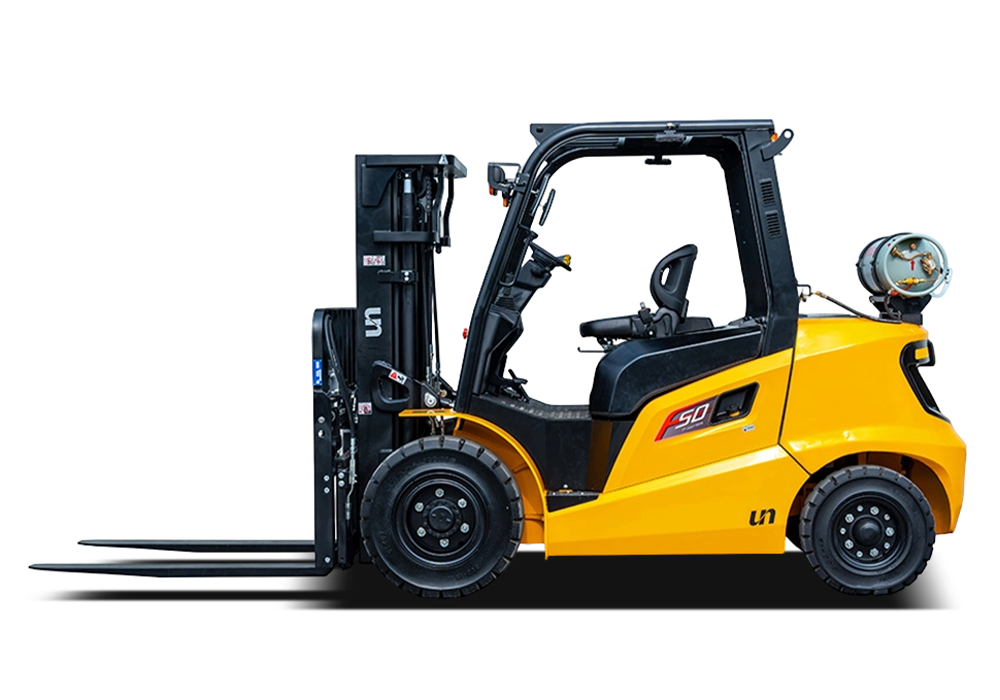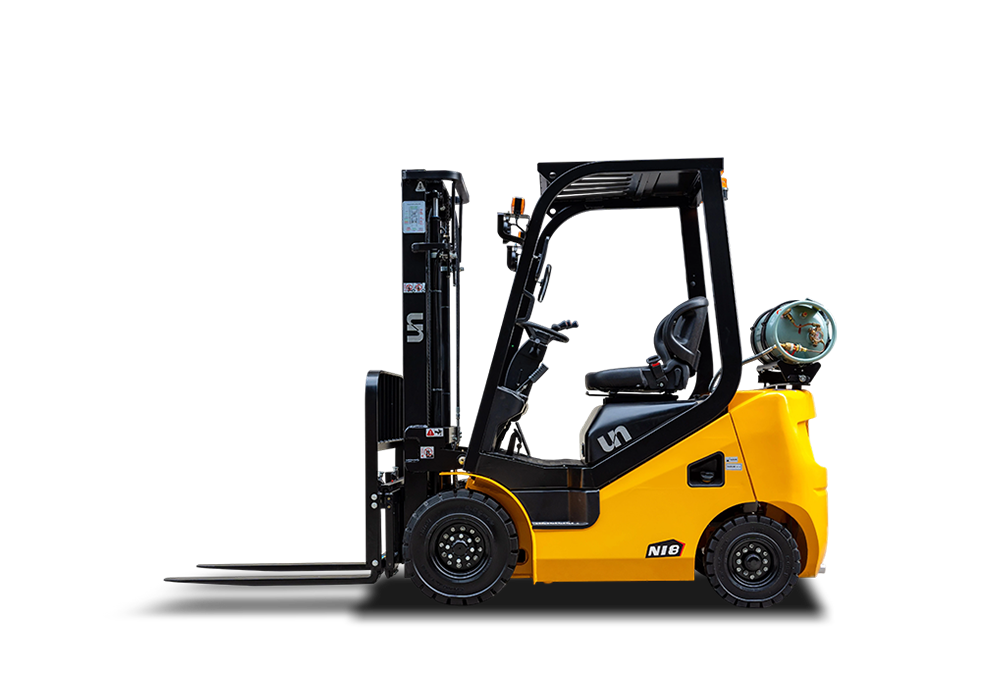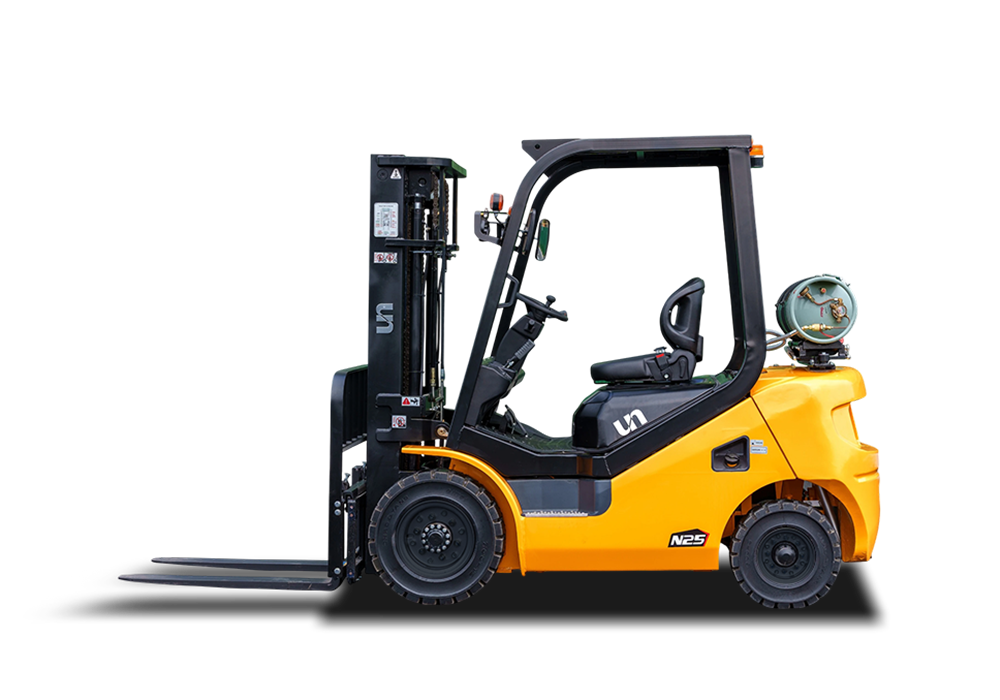Outdoor Use of Gas Forklifts
Admin 2023-11-20Gas forklifts, powered by propane (liquefied petroleum gas or LPG), are well-suited for outdoor use and are commonly utilized in various industries for tasks that involve lifting and transporting heavy loads. The outdoor use of gas forklifts is prevalent in settings such as construction sites, lumber yards, shipping yards, and other outdoor storage and logistics areas. Here are key considerations and advantages associated with the outdoor use of gas forklifts:
1. Versatility in Outdoor Environments:
Gas forklifts are versatile and can navigate various terrains commonly found in outdoor settings. Their robust design and powerful performance make them suitable for handling heavy loads and maneuvering through uneven surfaces.
2. Quick Refueling for Continuous Operation:
The ability to quickly refuel gas forklifts with propane contributes to continuous operation in outdoor environments. Propane cylinders can be replaced or refilled swiftly, minimizing downtime and ensuring productivity.
3. Lower Emissions Compared to Diesel:
Gas forklifts emit lower levels of pollutants compared to diesel forklifts. This makes them a more environmentally friendly option for outdoor use, especially in areas where emissions regulations are a concern.
4. Adaptability to Changing Work Environments:
Outdoor work environments can be dynamic, with changing tasks and layouts. Gas forklifts are adaptable to different scenarios and can handle a variety of material handling tasks in outdoor settings.
5. Lower Noise Levels:
Gas forklifts are generally quieter than their diesel counterparts. In outdoor environments where noise reduction is not only a comfort consideration but also a potential regulatory requirement, the lower noise levels of gas forklifts can be advantageous.
6. Cost-Effective Operation:
Gas forklifts are often more cost-effective than electric forklifts, particularly in outdoor applications where the versatility of internal combustion engines is essential. The lower upfront cost, coupled with lower fuel costs compared to electricity, makes gas forklifts an attractive option for businesses looking for cost-effective solutions.
7. Durability for Rough Terrains:
Outdoor environments may include rough terrains, uneven surfaces, and varying weather conditions. Gas forklifts are designed with durability in mind, and their robust construction allows them to handle the challenges presented by outdoor work environments.
8. Safe Propane Handling:
Propane is a safe and easily manageable fuel source. Proper safety measures, including appropriate storage of propane cylinders, contribute to the overall safety of using gas forklifts in outdoor settings.
In summary, gas forklifts are a preferred choice for outdoor use due to their versatility, quick refueling capabilities, lower emissions compared to diesel, and suitability for various terrains. Their adaptability and cost-effectiveness make them valuable assets in industries where efficient material handling in outdoor environments is a priority.
PREV: What impact does the ability to move diagonally have on the overall maneuverability of the forklift?PREV: diesel forklifts
Be the First to Know
For exclusive deals and latest offers, sign up by entering your email address below.
Related products




